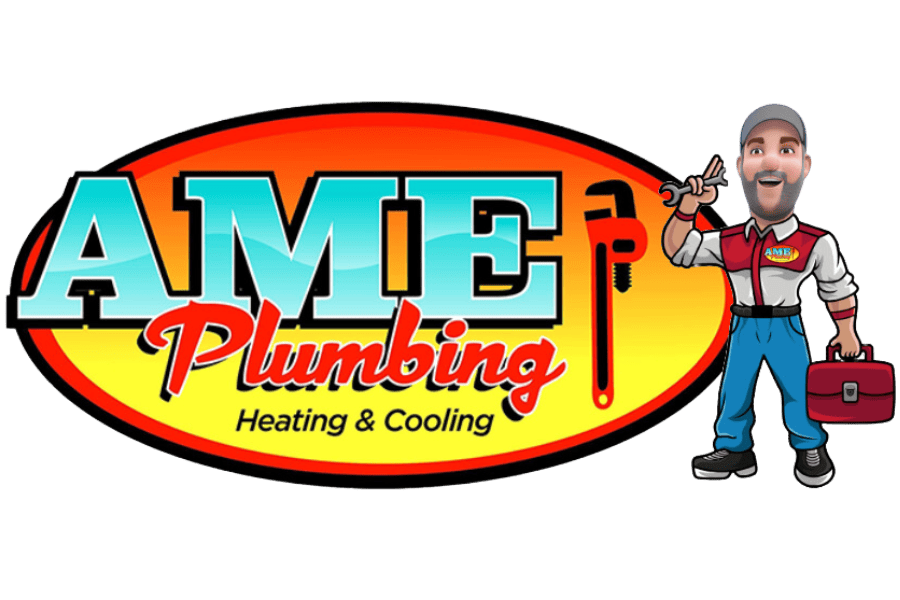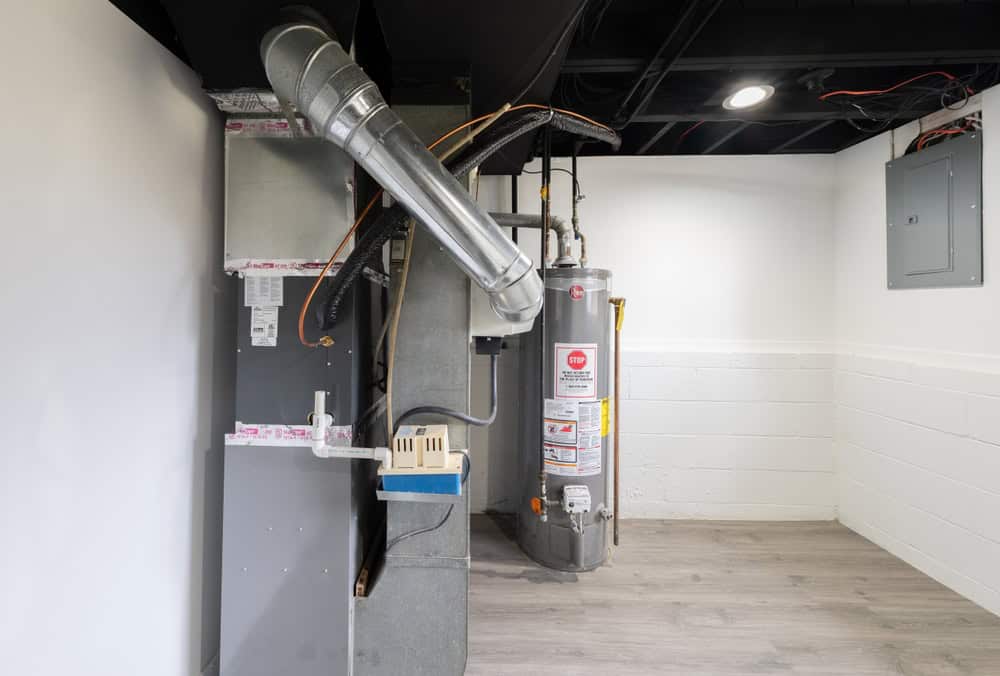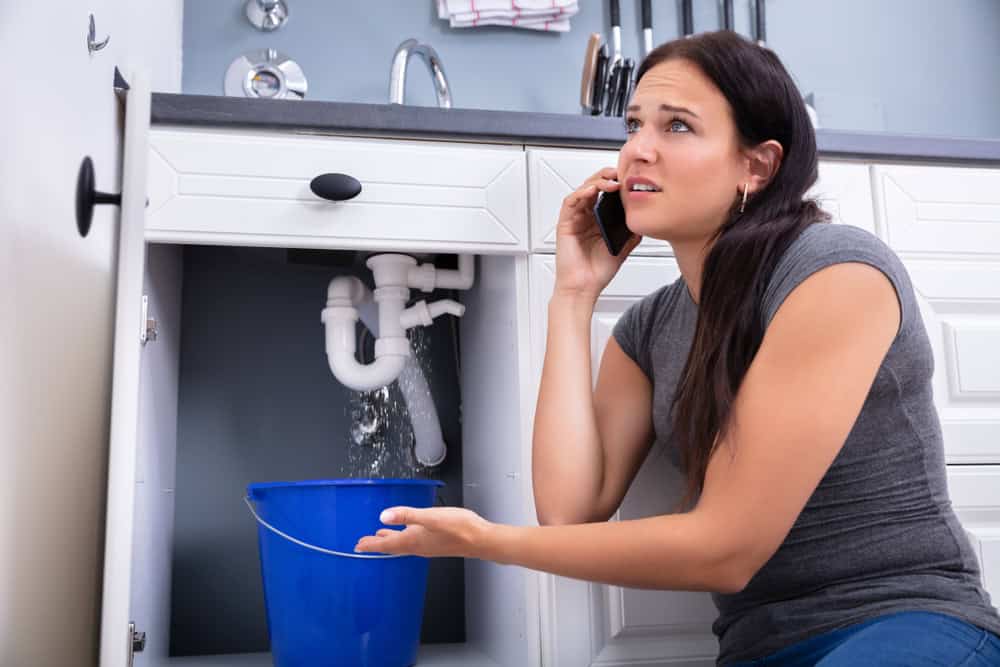Summary:
Physical Evidence Patterns That Reveal Concealed Leaks
Hidden water leaks create recognizable damage patterns that appear gradually as moisture migrates through building materials and accumulates in visible areas. Water stains on ceilings typically appear as brown or yellow rings that expand over time, indicating supply line leaks in upper floor plumbing or roof penetrations around vent stacks. Wall discoloration occurs along baseboards where leaked water collects, creating dark streaks or bubbling paint that signals moisture penetration behind finished surfaces. Flooring materials respond differently to water exposure—hardwood develops cupping or crowning as boards absorb moisture unevenly, while vinyl flooring shows edge lifting or bubble formation where water accumulates underneath. Carpet develops musty odors and feels damp in areas remote from obvious water sources, suggesting slab leaks or subfloor moisture problems. AME Plumbing Heating and Cooling correlates these visual indicators with building construction details, using knowledge of pipe routing and structural systems to predict likely leak locations before invasive investigation begins. These diagnostic approaches minimize property damage during leak location while providing accurate targeting for repair efforts.
Water Meter and Pressure System Indicators
Water meter readings provide quantitative evidence of hidden leaks through consumption patterns that exceed normal household usage. Continuous meter movement when all fixtures are turned off indicates active leakage somewhere in the system, while abnormally high readings suggest major leaks requiring immediate attention. Pressure drops during normal usage periods signal supply line restrictions or multiple leak points that reduce system capacity.
Acoustic and Environmental Detection Methods
Water meter readings provide quantitative evidence of hidden leaks through consumption patterns that exceed normal household usage. Continuous meter movement when all fixtures are turned off indicates active leakage somewhere in the system, while abnormally high readings suggest major leaks requiring immediate attention. Pressure drops during normal usage periods signal supply line restrictions or multiple leak points that reduce system capacity.
Professional Diagnostic Equipment and Detection Techniques
Accurate leak detection requires specialized equipment that identifies water presence and flow patterns within concealed building systems without causing additional property damage. Electronic listening devices detect water flow sounds at frequencies beyond human hearing, allowing technicians to trace leak locations through walls, slabs, and underground installations. Ground-penetrating radar identifies anomalies in soil moisture and pipe locations, particularly useful for slab leak detection where excavation costs make accuracy critical. Infrared thermography reveals temperature variations caused by water evaporation and moisture accumulation, creating thermal signatures that pinpoint leak areas before visible damage appears. Tracer gas systems inject harmless gases into pipe systems, then use sensitive detectors to identify gas emergence points that correspond to leak locations. AME Plumbing Heating and Cooling combines multiple detection methods to verify leak locations before beginning invasive repairs, reducing property damage while providing precise targeting that minimizes restoration costs. These systematic approaches achieve location accuracy within inches rather than feet, preventing unnecessary excavation or wall removal during repair procedures.
Non-Invasive Detection Technologies
Modern leak detection relies on non-destructive testing methods that preserve property integrity while providing accurate location data. Ultrasonic flow meters detect minute pressure variations that indicate leak points, while electromagnetic pipe locators map underground systems without excavation. These technologies prevent the exploratory damage that traditional detection methods often require, reducing total repair costs significantly.
Moisture Monitoring Systems for Early Warning
Wireless moisture sensors installed in vulnerable areas provide continuous monitoring that alerts homeowners to developing leaks before damage becomes extensive. These systems detect humidity changes and direct water contact, sending notifications that enable immediate response. Early warning capabilities prevent the progressive damage that occurs when leaks remain undetected for extended periods.
Protect Your Property Through Professional Leak Detection
Hidden leak detection requires combining visual assessment skills with professional diagnostic equipment that locates problems accurately while minimizing property damage. AME Plumbing Heating and Cooling provides both emergency leak location services and preventive monitoring systems that protect your Monmouth County property investment. Contact us today to schedule leak detection services that identify problems early while repair costs remain manageable and property damage stays minimal.






